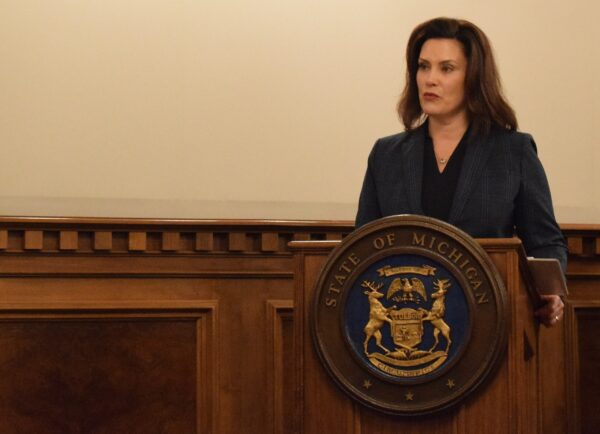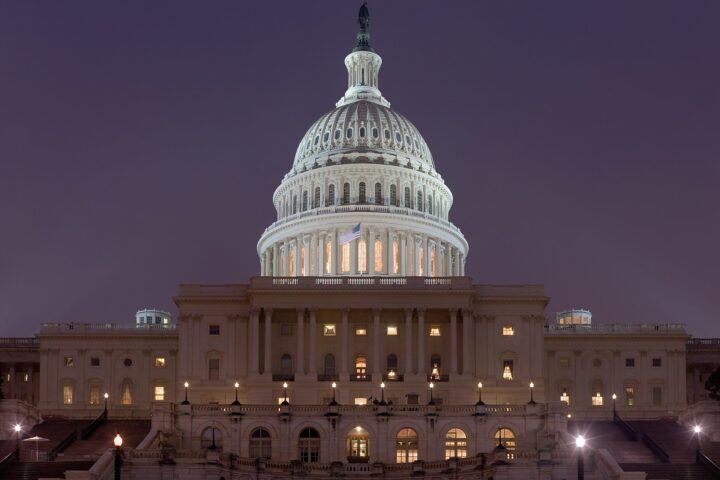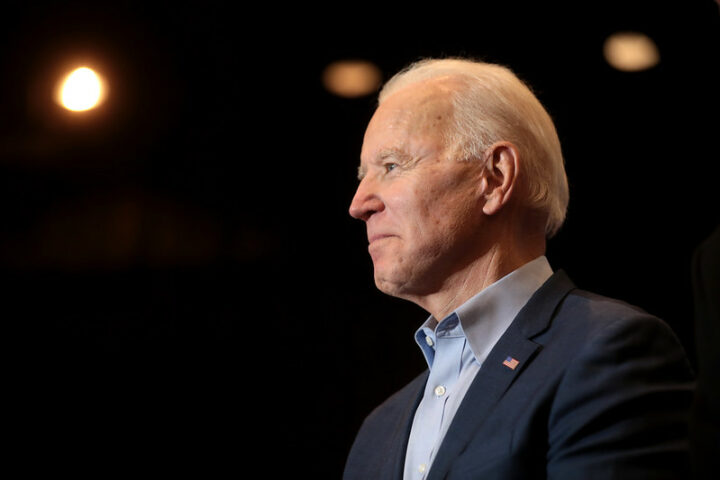On Sunday, Democratic Michigan Governor Gretchen Whitmer gave an interview to CNN in which she reportedly conceded that some of the regulations she implemented regarding lockdowns were illogical in retrospect.
At the most dangerous phase of the epidemic, Governor Whitmer ordered some of the most stringent lockdown procedures.
In April of 2020, Governor Whitmer issued an executive order that classified as “non-essential” a number of products that are used for home maintenance and gardening, like as seeds for fruit and vegetables.
The order that Whitmer issued included very specific instructions with regard to the “non-essential” goods that were prohibited from being sold.
Chris Wallace from CNN posed a question to Whitmer on the extreme and controversial lockdown procedures.
Whitmer was then forced to admit that many of them didn’t make ‘much sense.’
“You know, there were moments where, you know, we had to make some decisions that in retrospect don’t make a lot of sense, right? If you went to the hardware store, you could go to the hardware store but we didn’t want people to be congregating around the garden supplies. People said ‘oh, she’s outlawed seeds.’ It was February in Michigan and nobody was planting anyway. But that being said, some of those policies I look back and think maybe that was a little more than what we needed to do.” Whitmer said.
Initially, Governor Whitmer’s lockdown policies were widely accepted by the public as a necessary measure to prevent the rapid spread of COVID-19 in the state.
However, as the lockdown dragged on, frustration and anger grew among those who disagreed with the strict measures being imposed.
One main criticism of the Governor’s policies was the uneven application of the rules.
For instance, some small businesses were forced to shut down, while big-box retailers and grocery stores were allowed to remain open, leading to accusations of unfairness and inconsistency in the enforcement of the lockdown measures.
One of the main points of contention regarding the lockdown policies was the severe restrictions placed on businesses and the impact it had on the state’s economy.
Small business owners, in particular, were vocal about their struggles to stay afloat, as they were forced to close their doors or operate at limited capacity for extended periods.
Many critics argued that the economic damage caused by the lockdowns was worse than the potential harm caused by the virus itself.
[READ MORE: Jane Fonda Recommends ‘Murdering’ Pro-Lifers During Appearance on ‘The View’]








